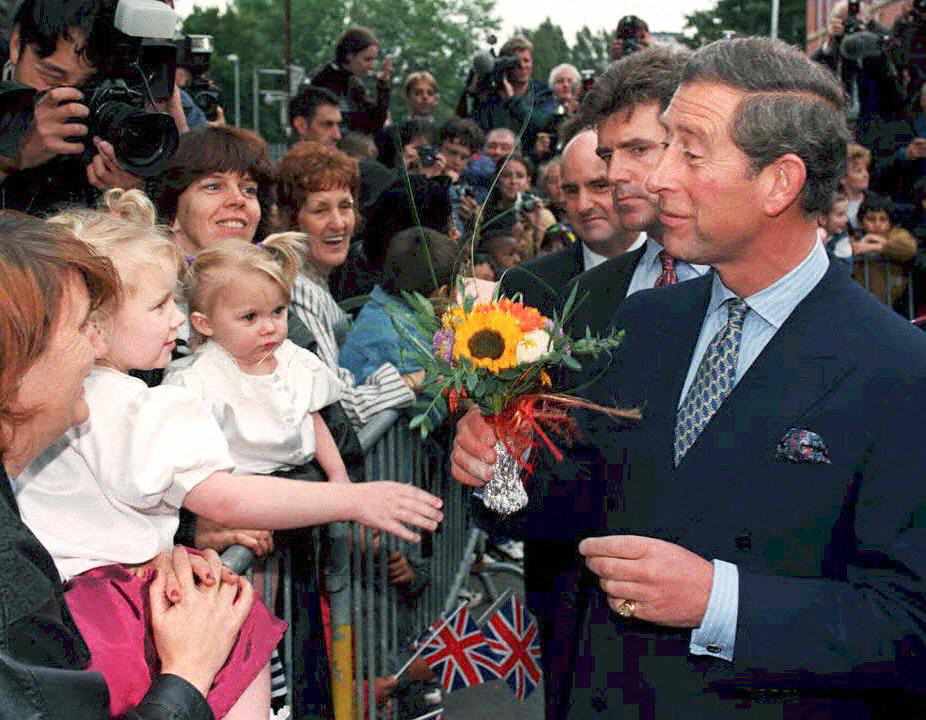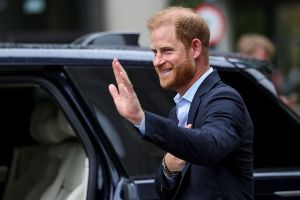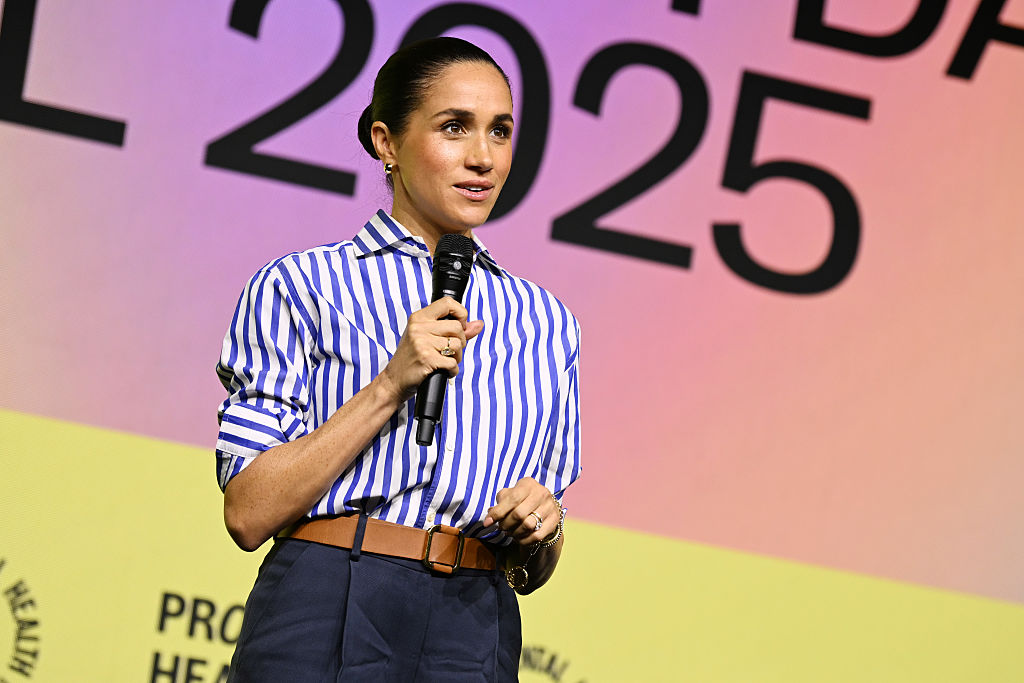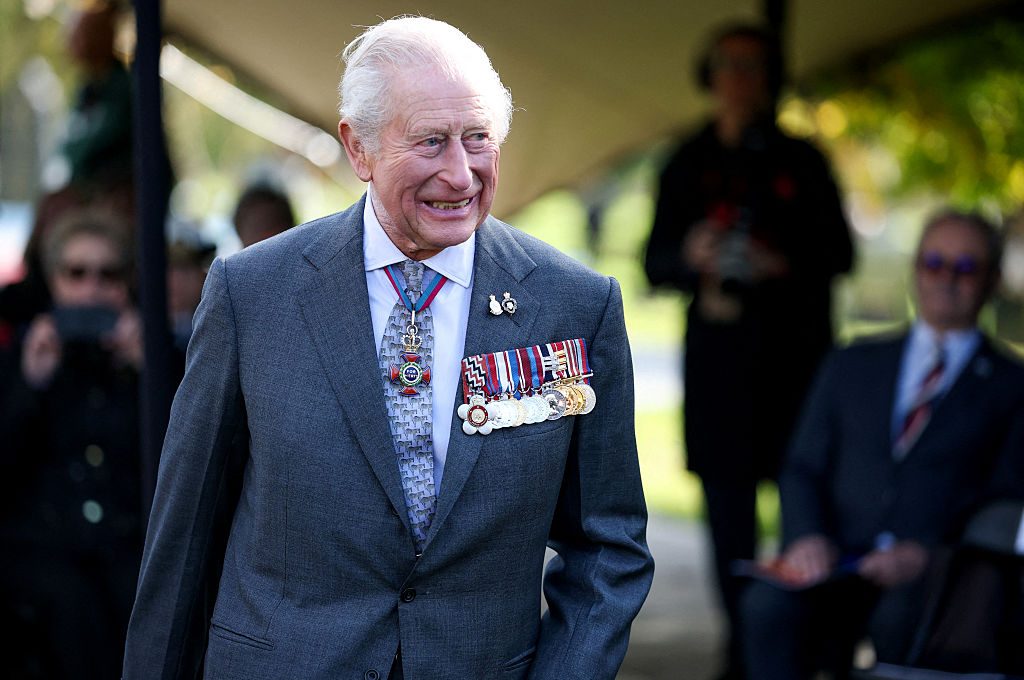Much ink has been spilled over the clothes in Netflix’s fifth season of The Crown, which debuted last week. The award-winning show about Britain’s royal family has reached the scandalous “Diana Affair,” in which every outfit of Ms. Spencer’s is seen as a rapier against the formal codes of the Firm. Her looks are meticulously replicated by costume designer Amy Roberts (or as much as possible given the slimmer, taller frame of Elizabeth Debicki, who plays Diana).
Despite their spousal difficulties, a talent Diana and Charles shared was dressing. His attention to playfully using fundamentals (color, cut, textile quality) lends to a personal style that is both timeless and surprisingly contemporary.
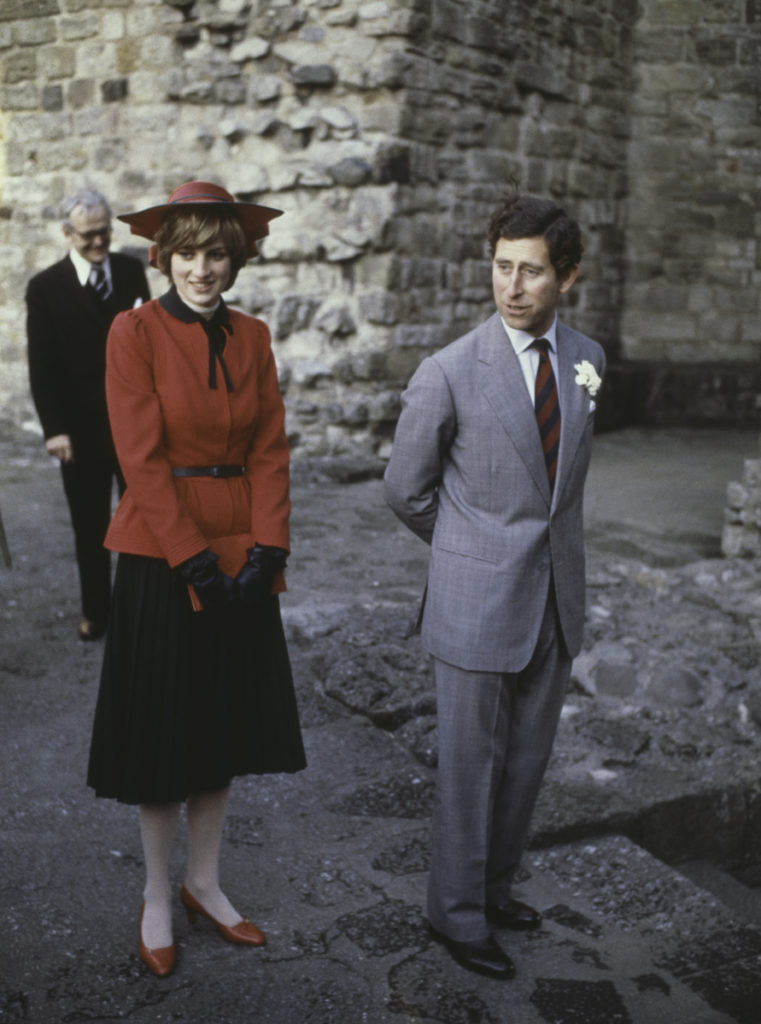
As now King Charles told British Vogue, he’s a sartorial “broken clock…people then come around every twenty-five years to dressing like I do.”
Josh O’Connor, who played Charles in season three and four of The Crown, remarked to GQ: “Whenever Charles gets out of a car he checks his cufflink, checks his pocket and then waves, the same movement, every time.” This is just one part of Charles’s passion for detail — down to his accessories, like his watches, which serve as a window into his obsessively refined taste.
A famously quirky “sensitive” man, his taste is both out of sync with the monarchy and unfailingly colored by it. Keeping the same classic car for over forty years is a perfect demonstration of his passionate environmentalism, but converting his Aston Martin to run on refuse white wine is almost satirically elite. His love of classic architecture is borderline prescient for our current rejection of brutalism, but the limits placed on residents of his curated town, Poundbury, are comically onerous. This dynamic continues with his wardrobe.
Contrast Diana’s gray oversized jumper and pink latex yoga shorts with Charles’s vibrant yellow “Happy Hermes” sweater, or navy and minter checkerboard polo top. Her casual normcore look deliberately rejected the monarchy’s stuffy norms, whereas Charles’s casual polo or ski wear is more jovial than expected of a monarch, but retains the quality and careful curation associated with his family name.
Prince Charles has always been a bit “goofy” —-but the man has STYLE. Look at how he wears a sling. Even his BUSTED ARM looks elegant. (It was even stylish how he busted it, on a POLO PONY.) meanwhile I broke my collar bone climbing over a fence on Fordham Road, not as “sleek” pic.twitter.com/r6OcaKohiJ
— Greg Kelly (@gregkellyusa) March 10, 2021
Similarly, when traveling abroad, some world leaders don national clothing like an offensive Halloween costume (think of the oh-so tasteless Justin Trudeau) but Charles always pulls it off; be it a cowboy hat in Canada, traditional accessories in Papua New Guinea, or ornate Saudi Arabian uniform. In all of them, he looks magnificently silly, but his gentlemanly presentation and casual confidence mean he isn’t trying to hide that.
Charles also reminds us of the gentlemanly style most of society abandoned. During his life of nationalized leisure, he has loyally shopped for shirts at Turnbull & Asser, derbies at Crockett & Jones and his signature double-breasted suits at Savile Row’s Gieves & Hawkes and Anderson & Sheppard. Made with such care and quality, his suits have been worn (and patched where necessary across the decades), affirming his belief in sustainability. Attending his son Harry’s wedding, Charles donned an Anderson & Sheppard suit originally made for him in 1984.
Even in such a traditional craft, Charles has been forward looking. Anderson & Sheppard is one of the most playful and unusual tailors on Savile Row, whose flowing lightness and slightly boxy cut was a precursor to the oversized suit, currently trendy at brands from A Better Mistake to Balenciaga. Interestingly, the menswear on The Crown was made by Fred Nieddu, a rising London tailor of the classic mold.
Tailoring makes fingerprints of fabric — each piece bound to the person it was made for — and the fashion of The Crown unintentionally underlines this. One may quibble with the casting choices for Charles — Josh O’Connor is a pouting, baby-faced caricature of the younger man — whereas the square-jawed Dominic West is a comic upgrade over reality; not their wardrobes, as both actors share a similar frame to Charles, meaning their costumes fit similar to reality.
Charles’s watches are another window into his unique but refined taste. Along with the classic rectangular Cartier Santos and polo-intended Jaeger-LeCoultre Reverso, there is a basic Hamilton pilot’s watch, the Patek Philippe Calatrava Disco Volante, which Diana was often seen wearing, as well as his current go-to: a Parmigiani Fleurier Toric Chronograph — a horological version of a white-wine powered Aston Martin.
Charles’s passionate environmentalism also informs not just how he buys his clothes, but what he wears. Namely, atop tailored shirt and tie, Charles has long worn belted safari suits, tan Burburry trench coats and waxed Barbour outer jackets; practical wear whose more lean construction created a more lithe profile than his suits. The safari jacket has been generally ignored by designers, but has started to crop up at high-end brands, from Umit Benan to Louis Vuitton. His sartorial broken clock strikes again.
Prince Charles has used the same tweed overcoat for more then 50 years.
Death to fast fashion. pic.twitter.com/vRrkcVAwg5
— Birch Brother 🪓 (@BjorkBrodern) October 8, 2020
The decline in tailoring has been driven by economics and style changes, but also the fewer opportunities to learn the craft. Charles has worked to change that. His Princes Foundation at Dumfries House provides deeply important vocational training in classic artisan crafts that age has eroded but are so culturally important, particularly for Britain.
He took this to new heights by releasing a collaborative capsule with retailer Yoox Net-a-Porter, with all profits funding the foundation. The pieces were designed by students at the esteemed Italian design school Politecnico di Milano and manufactured by Dumfries House graduates, but widely dismissed by the non-fashion press due to their designer prices. They shouldn’t have been. They were impeccable in cut, color and item choices.
Diana was one of the reasons why fashion became so much of a tabloid spectacle — a stylish gossip item. She dressed for revenge, but Charles dressed for the love of the craft. His motto has been to “buy once and buy well,” and he has. Perhaps in another life, he would be a great British designer or fashion curator, but a gentleman does his duty. In this world, he’ll settle for King.



